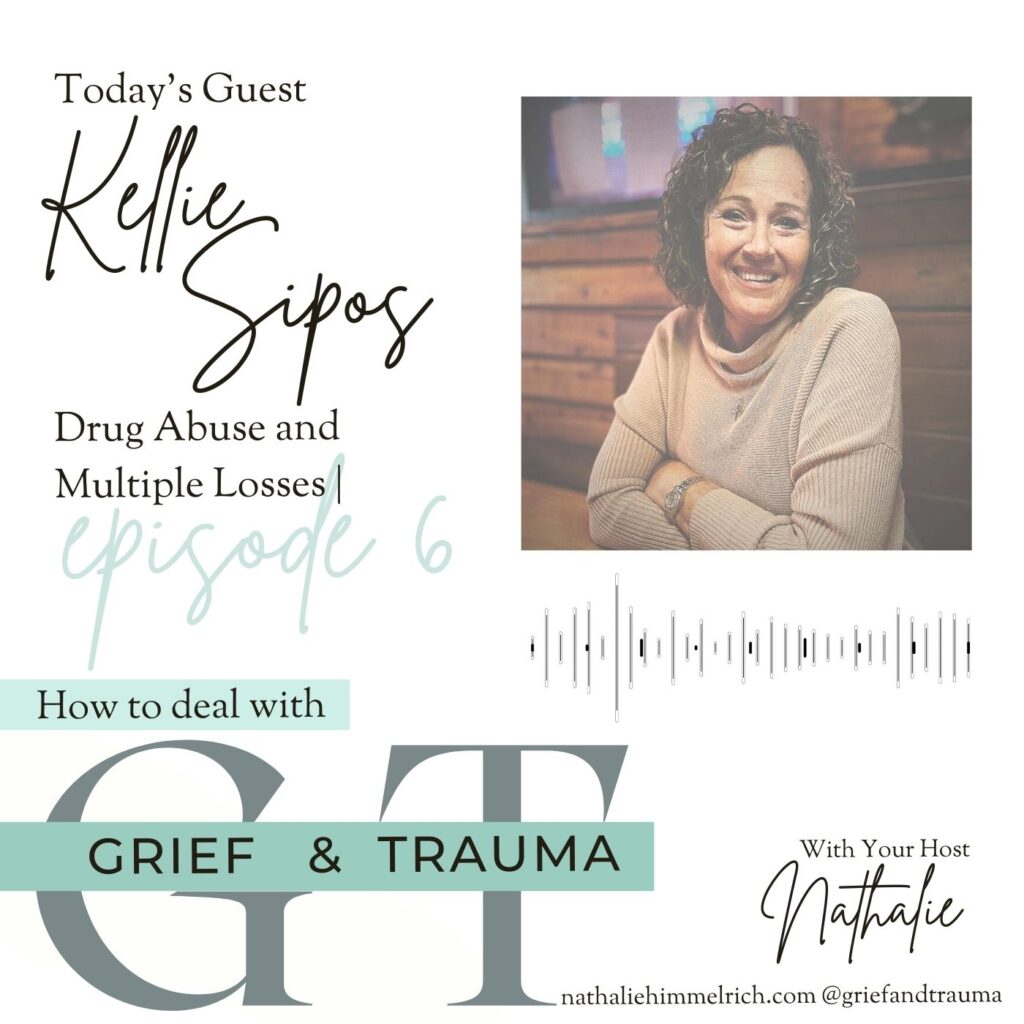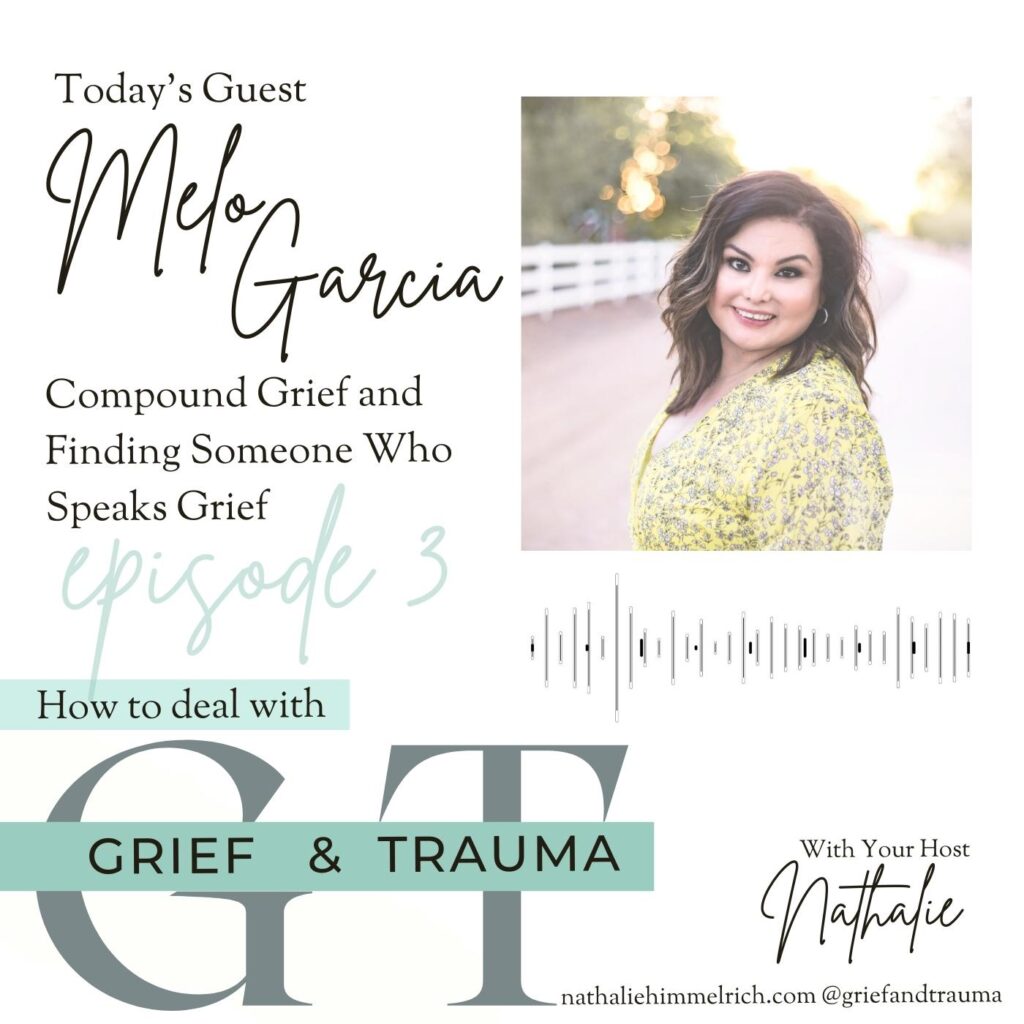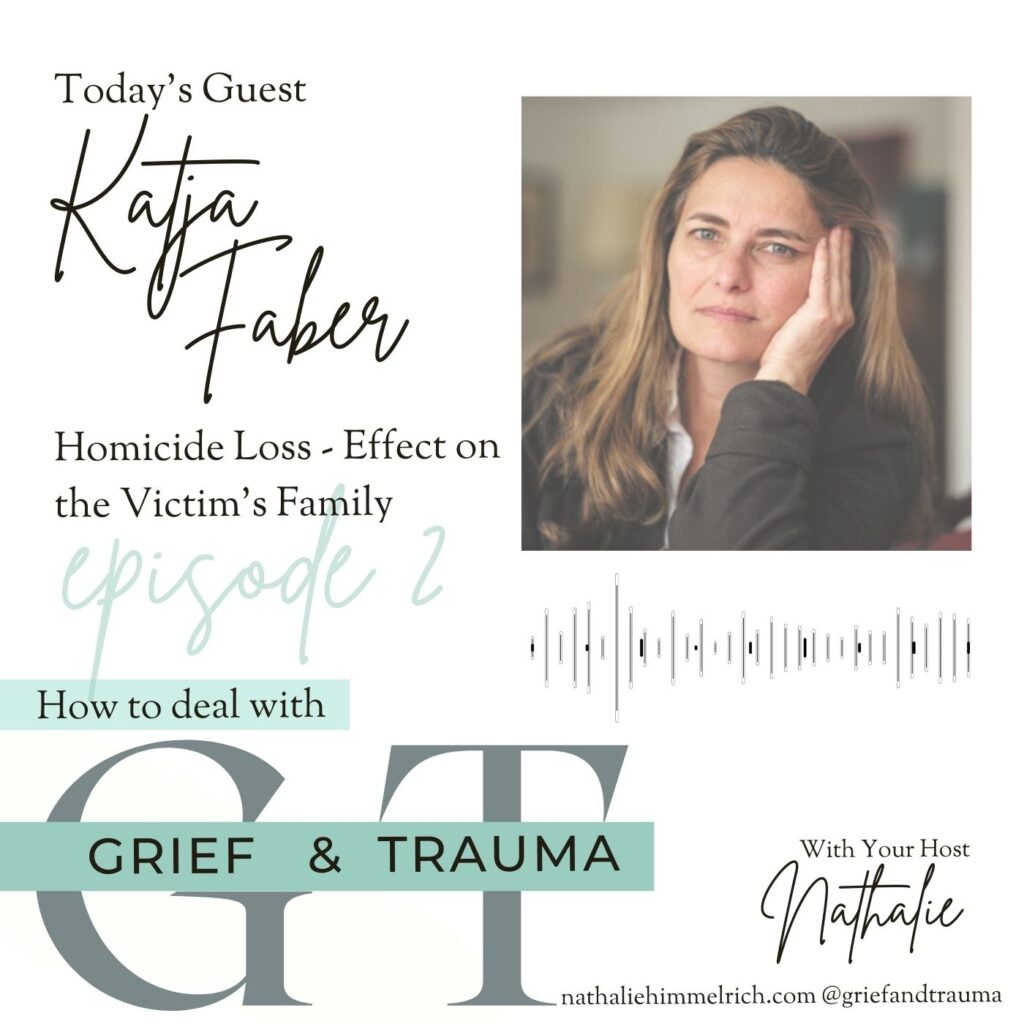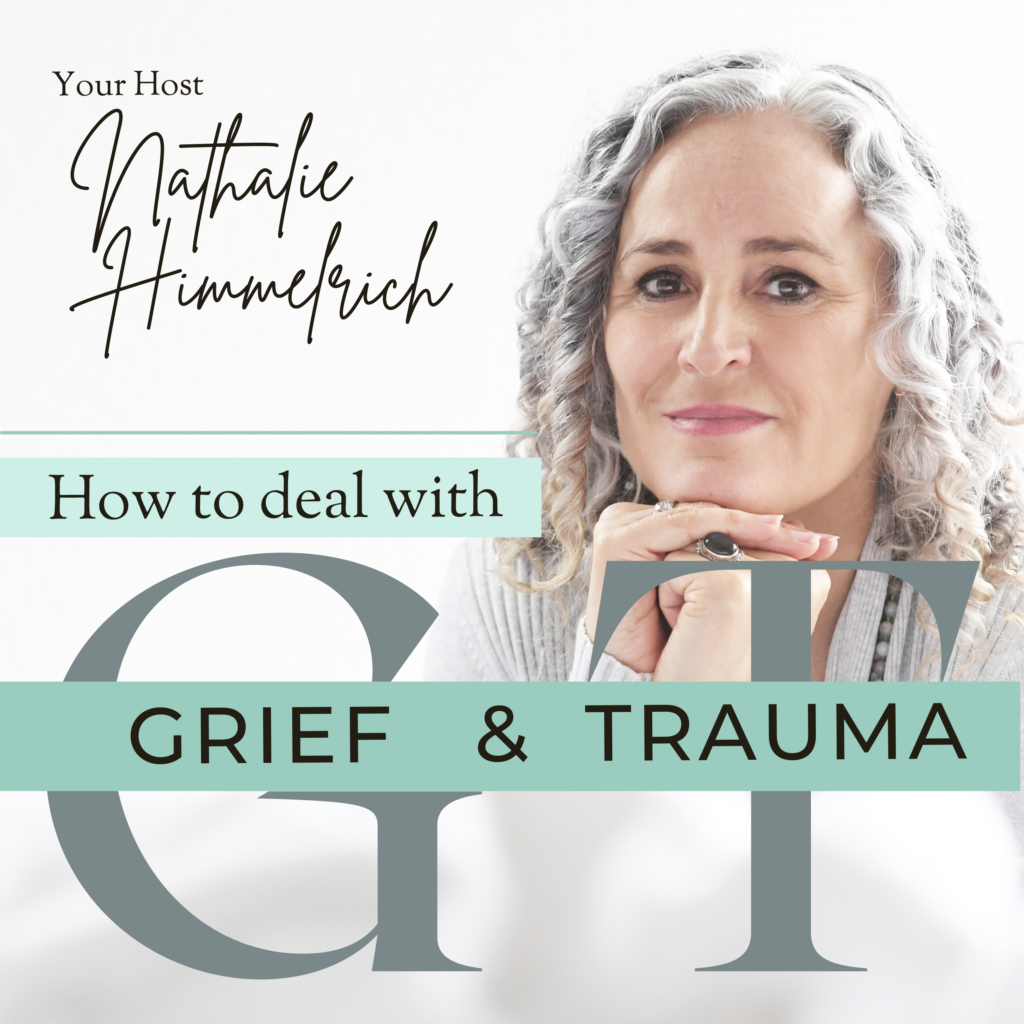
Today I speak with Kellie Sipos who I met as part of being a guest on her podcast, My Child Left Home for Heaven. Kellie has experienced multiple losses within her own family which started with her father’s suicide, followed by the sudden unexpected loss of her sister. In 2018 she lost her daughter Emilie through an accidental drug overdose after which Kellie candidly shares how she herself abused drugs to manage her own grief. Just a few months ago, her mother, who she cared for the last few months of her life, died too.
‘Emilie’s grief was so on the top of my heart every single day until I lost my mom. Now it’s like the grief of my mom is shadowing over top of the grief of Emilie, and I feel really guilty. I feel like I’m not grieving her appropriately. And then I realized: No, I’m just healing. I’m starting to move on from some of that. And yes, the grief with my mom is newer but that in time will be the same way. I think maybe having to go through it again somehow helped me get over that big hurdle of Emilie.’
Kellie Sipos
About this week’s guest
Kellie Sipos is the mother of 4 daughters who tragically lost her oldest, Emilie to an accidental drug overdose on July 22, 2018. Since this time Kellie has tried to stay focused on making a difference in this world. Working with children and young adults with Special Needs as a therapeutic riding instructor and an equine specialist. Mental health has always been her focus but since the loss of her child she is on a new mission, starting her podcast My Child Left Home for Heaven. Being an avid podcast listener she quickly found there were not a lot of podcasts on child loss from the Moms perspective. Kellie is also the state administrator for Drug Overdose Awareness and Moms Against Drugs as well as sharing her daughter’s story in the public school system to help bring awareness to the dangers of drug use. Keeping busy, speaking out and transparency in her grief have helped her to keep the joy in her life after child loss.
Topics discussed in this episode
- The recent loss of her mother
- Emilie, her drug addiction leading to her accidental drug overdose which killed her
- Kellie’s granddaughter being taken away by her father after Emilie’s death
- Drug addiction and abuse within the family and in the process of dealing with grief
- PTSD (post-traumatic stress disorder) following the traumatic loss of Emilie
- Suicide of her father, the sudden death of her sister
- Post loss guilt and regrets
- Compassion fatigue for therapists
Resources mentioned in this episode
- Grieving Parents: Surviving Loss as a Couple by Nathalie Himmelrich
- Shattered by Gary Roe
Links
–> For more information, please visit Nathalie’s website.
–> Subscribe to the newsletter to receive updates on future episodes here.
–> Join the podcast’s Instagram page.
Thanks for listening to HOW TO DEAL WITH GRIEF AND TRAUMA. If you’d like to be updated on future episodes, please subscribe to my newsletter on Nathalie Himmelrich.com
If you need grief support, please contact me for a FREE 30 min discovery session.
HOW TO DEAL WITH GRIEF AND TRAUMA is produced and edited by me, Nathalie Himmelrich.





